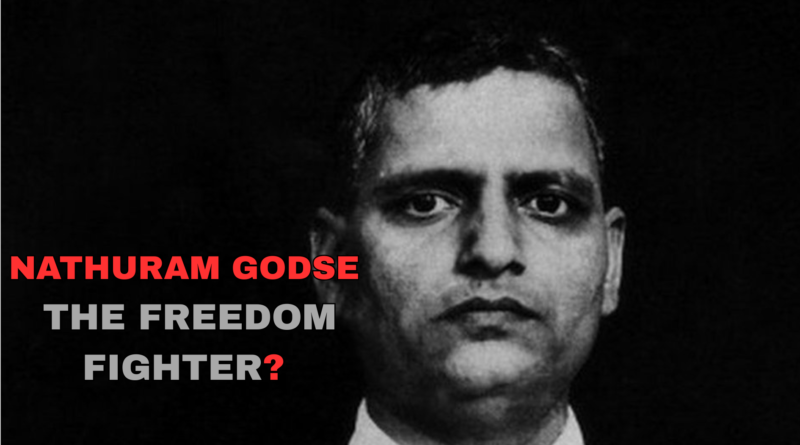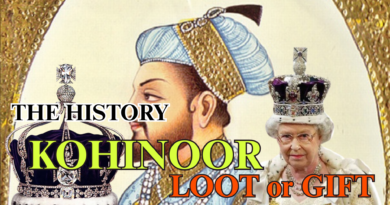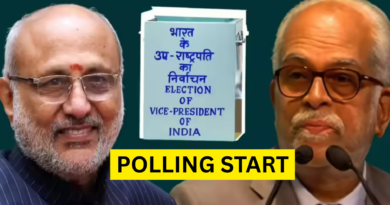GODSE: THE FREEDOM FIGHTER?
1. INTRODUCTION TO THE DEBATE
The question of Nathuram Godse being a “freedom fighter” is highly controversial and sensitive in India. While some individuals and fringe groups have attempted to portray him as a nationalist with patriotic motives, the mainstream historical narrative identifies him primarily as the assassin of Mahatma Gandhi, the father of the nation.
2. GODSE’S EARLY LIFE AND NATIONALIST INFLUENCE
Born in 1910 in Pune, Maharashtra, Godse was raised in a conservative Brahmin family. He grew up during the height of British colonial rule and was influenced by nationalist ideologies, especially those opposing British dominance. During his youth, he joined the Rashtriya Swayamsevak Sangh (RSS) and later became associated with the Hindu Mahasabha.
3. HIS INVOLVEMENT IN NATIONALIST ORGANIZATIONS
Godse’s supporters argue that his involvement with RSS and Hindu Mahasabha reflects his patriotism and commitment to Indian independence. Both organizations, though not directly involved in the mainstream Congress-led freedom struggle, claimed to work for India’s cultural and political awakening.
4. BREAK FROM NON-VIOLENT IDEALS
Unlike Gandhi’s philosophy of non-violence and inclusion, Godse believed in assertive and sometimes violent action to safeguard Hindu interests. He felt that Gandhi’s approach weakened the Hindu community and appeased Muslims, especially during the Partition era.
5. HIS OPPOSITION TO GANDHI’S POLICIES
Godse claimed that Gandhi’s policies were biased toward Muslims and that he was responsible for encouraging the creation of Pakistan. In particular, Gandhi’s fasts and interventions for releasing funds to Pakistan deeply angered Godse and others who saw it as betrayal.
6. THE ASSASSINATION AND ITS IMPACT
On January 30, 1948, Godse shot and killed Mahatma Gandhi in Delhi. This act shocked the entire nation and the world. He was arrested, tried, and later executed in 1949. While the crime was universally condemned, Godse presented a lengthy statement during his trial, outlining his ideological justifications.
7. THE CONTROVERSIAL DEFENSE OF GODSE
In later decades, some groups began portraying Godse not just as an assassin, but as a “misunderstood patriot” or a “freedom fighter” who acted out of nationalistic fervor. They argue that he sacrificed his life for what he believed was the right cause, even if his method was violent.
8. OPPOSITION TO THE GODSE AS HERO NARRATIVE
Mainstream historians and the general public largely reject the idea of Godse as a freedom fighter. For them, assassinating Gandhi – who led India to freedom through non-violence – was not an act of patriotism but a crime against the very soul of the independence movement.
9. POLITICAL AND SOCIAL RAMIFICATIONS
The portrayal of Godse as a freedom fighter is often tied to political ideologies. It becomes a flashpoint in debates about nationalism, secularism, and the legacy of Partition. Attempts to glorify Godse have drawn backlash from civil society, intellectuals, and political leaders.
10. GODSE’S WRITTEN DEFENSE AND LEGACY
Godse’s final statement in court, where he defended his actions, is frequently cited by those who call him a nationalist. However, critics argue that ideological disagreement does not justify murder. They maintain that democracy and patriotism must be upheld through lawful means.
11. SCHOLARLY VIEWS ON GODSE’S ROLE
Academic consensus is clear: Godse cannot be classified as a freedom fighter in the true sense. He did not fight the British but instead acted violently against a fellow Indian. His vision of India was narrow and exclusionary, based on religious identity rather than inclusive nationalism.
12. CONCLUSION: HISTORY VS. PROPAGANDA
Labeling Godse a freedom fighter distorts historical truth. While he may have held nationalistic views, his actions undermined the core values of India’s freedom struggle. The term “freedom fighter” is reserved for those who fought colonial oppression, not those who silenced dissent through violence.




